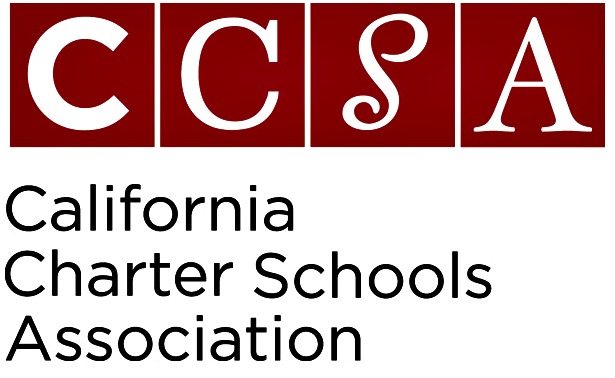There are many characteristics that differentiate charter schools from district-run schools. From funding, to the enrollment processes, to academic performances, there is much that splits charters and district-run schools and turns them into a duel for survival within communities. The success that charter schools tend to experience is a response to an array of systems implemented within the charter system that are usually alien to district-run schools; however, charter schools continue to experience an emphatic area of growth in their special education departments.
According to a study conducted by Citywide Study Steering Committee in which charters and district-run schools within the Oakland Unified School District were studied, the majority of accommodations for students with severe special education needs are provided by district-run schools. According to the study, “Special education students who are served by district-run schools were more likely to have disabilities requiring intensive services compared to those served by charter schools.” In other words, students who might have intensive needs, such as the need for a special day class setting, are better served at a district-run school in Oakland.
I have worked in the special education department at two charter schools over the past two years, and I can attest to the reality stated above. I have witnessed students with intensive education needs be funneled off from these charter schools to different schools because our charters lack the resources to accommodate students’ needs. It is unfair and heartbreaking to send our students to different schools simply because some charters lack the resources to meet intensive special education accommodations.
In 2016, the California Charter School Association published a study in which schools with some of the best special education programs were considered. Among these schools, CCSA highlighted Oakland School for the Arts as an exemplary charter in regards to its special education program. Oakland School for the Arts shares the following characteristics with other top charter schools in California in its special education programs: philosophy of inclusion, individualization and tailoring programs to student needs, flexibility and autonomy, supportive school community, multi-tiered support systems, family and community partnerships, cutting edge technologies and practices, staff development, and constant refinement and improvement of programs. These characteristics, according to CCSA, result in a philosophy that promotes competitive and competent special education programs in schools.
We should also consider that although district-run schools do a better job at offering services to students with special education needs, this does not mean that they provide exceptional quality when offering students these services. All it takes is a single glance at an IEP (Individualized Education Plan) written by a teacher from a district-run school to question the quality of the services offered. Most IEPs that I have read coming from a district-run school lack goal-oriented specificity in terms of the services students are provided. For example, a student who should receive speech therapy is given a speech goal relating to writing so that, instead of providing speech therapy services, the student is provided a vocabulary sheet to improve their speech. This helps school evade the expense of providing speech therapy by offering a free service that at surface level seems appropriate, but is, in fact, ineffective. Still, charters must act and request the necessary resources to offer quality and appropriate instruction to students with intensive educational needs rather than sending them off to other schools when the going gets too rough.
Robel Espino
Latest posts by Robel Espino (see all)
- Parte 2, Explorando las Ideas de Jeffrey Duncan-Andrade: La Política y la Economía del Fracaso - December 18, 2019
- Part 2, Exploring Jeffrey Duncan-Andrade’s Ideas:The Politics and Economics of Failure - December 16, 2019
- Explorando Las Ideas de Jeffrey Duncan-Andrade, Parte 1: El Sistema de Educación Urbana, No Está Fallando - December 3, 2019
- Exploring Jeffrey Duncan-Andrade’s Ideas, Part 1: The Urban Education System Is Not Failing - November 26, 2019
- Estudio Sugiere Que las Lecturas en el Aula No Son Muy Efectivas, Pero Mis Alumnos y Yo las Amamos - November 22, 2019

